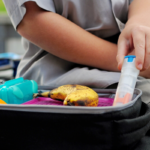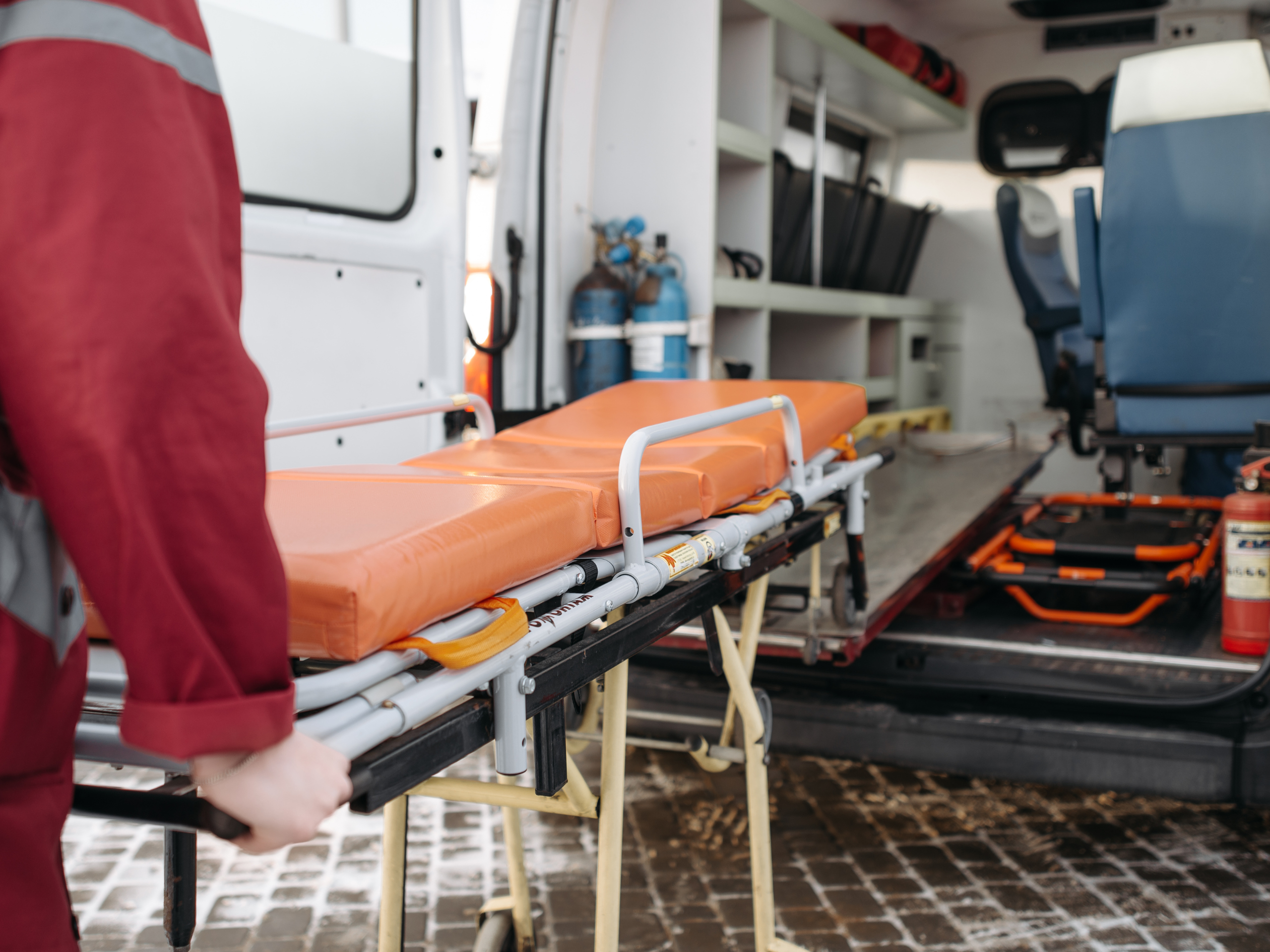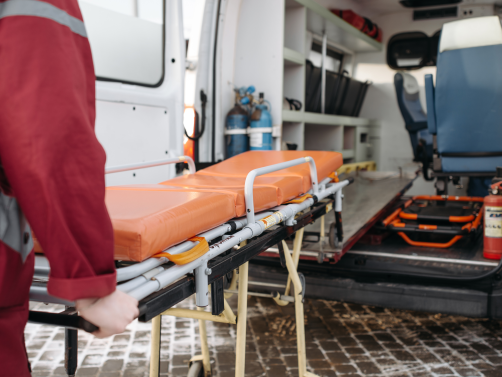In an emergency, every second counts — but knowing when to call for help can make all the difference. Whether it’s a medical crisis, accident, or unexpected health scare, many people hesitate or second-guess themselves in the moment. That delay can be dangerous. The truth is, it’s better to call and be wrong than not call and risk someone’s life. Emergency services are trained to assess and respond to these situations. Here’s how to know when it’s time to make that critical call.
1. The person is unconscious or unresponsive.
If someone suddenly collapses, is not waking up, or becomes unresponsive, call emergency services immediately. This could be cardiac arrest, stroke, or another life-threatening event.
2. The person is having trouble breathing or not breathing at all.
Any form of difficulty breathing — gasping, wheezing, shallow breaths, or complete loss of breath — requires urgent attention. Don’t wait to see if it passes.
3. There is severe bleeding that won’t stop.
If someone is bleeding heavily and pressure isn’t helping, or blood is spurting from a wound, call for help right away. Rapid blood loss can lead to shock and death if untreated.
4. Chest pain, tightness, or pressure.
These are classic symptoms of a heart attack. If someone complains of chest pain that doesn’t go away quickly or spreads to the arms, neck, or jaw, don’t hesitate — call emergency services.
5. Seizure or sudden loss of control.
Place the person in the recovery position to keep their airway open in case they haven’t regained consciousness. Call for help and continue to monitor their breathing.
6. Signs of a stroke.
Use the FAST method:
F – Face drooping
A – Arm weakness
S – Speech slurred
T – Time to call emergency services
Acting quickly can drastically improve recovery outcomes.
7. Drowning, near-drowning, or choking.
These are all critical situations where quick intervention and medical response are essential. Even if the person seems okay after, they should be evaluated by professionals.
8. Accidents involving major trauma.
Car accidents, falls from height, or injuries with visible broken bones, head trauma, or unconsciousness all require emergency medical evaluation.
9. Sudden confusion, strange behavior, or altered mental state.
This could be caused by stroke, head injury, or even severe infection. If someone suddenly seems “off,” disoriented, or irrational, call for help.
10. Your gut tells you something’s wrong.
Trust your instincts. If a situation feels serious, it probably is. Emergency responders would always rather be called unnecessarily than arrive too late. Being prepared means knowing not just what to do in an emergency — but when to call in the professionals. The quicker you take action, the better the chance of survival and recovery.
Know Who to Call! Get the Emergency Numbers You Need.

Return to School Safely
As schools have started in January, it is important that CPR and First Aid training is in place to ensure a safe return. It is vital that the school staff receive full CPR and First Aid training and are confident and are competent and most importantly, are up-to-date with their

Are you looking to employ a Caregiver?
We provide a platform to assist employers and families with their search for qualified and professional Caregivers, (we do not employ Caregivers directly or provide home care directly.) We understand how important it is to find a suitable and qualified caregiver for your specific needs. This platform has been designed to

10 Summer Safety Tips
Holiday time is important, so that you and your family get to spend quality time together. Whether you are going away on holiday or staying at home, here are our 10 Summer Safety Tips to keeping the family safe. Make sure you have a fully stocked First Aid Kit Make

Sunburn in childhood increases the risk of developing skin cancer
Sunburn in childhood increases the risk of developing skin cancer If you help children to develop good sunscreen habits from an early age you are protecting them from skin problems later on in life. Make it part of your routine to apply sunscreen in the morning before you leave for

Home safety checklist
Home Safety is important so as to avoid accidents! Do you know how to make your home safe for your child? You may think of all the obvious dangers, but it is so important to check that your house is accident-proof for your child. For most of us, the word

First Aid Treatment for Burns
First Aid Treatment for burns, (any second degree or third degree burn requires medical attention ASAP!) Remove the person from the hazardous area. Cool down the burn site for at least 15-20 min under running water – this is the golden rule. Meat (flesh) continues to cook even when it is removed

Mental Health Day
We all have ‘mental health’, just as we all have ‘physical health’. And just like our physical health, we can all have times when our mental health is better than others. World Mental Health Day is a day of awareness that is observed on the 10th of October every year.

SHOP
Check out our online shop! Purchase our LATEST LAUNCH, our Online Baby and Child CPR and First Aid Course and start learning from your device at home and anywhere in the world! You can also purchase our popular Family First Aid Kits and we also offer Digital Gift Vouchers for any of

Family First Aid Kit
The Family First Aid Kit has been put together by Trauma and ICU experts to ensure your family outings always give you peace of mind.


